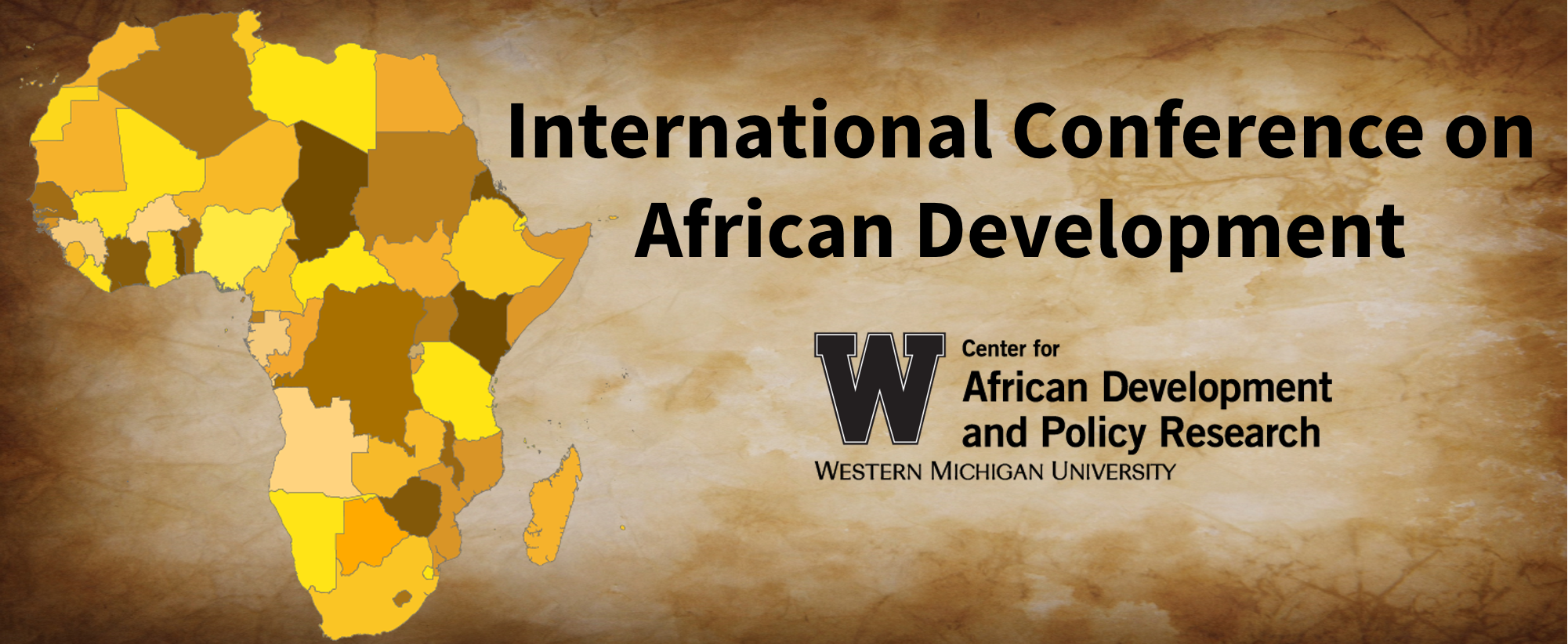1.2 Challenges and Opportunities for Improving Education and Health with Good Governance in Africa, with a focus on Ethiopia
Presenter's country
United States
Start Date
17-8-2018 9:30 AM
End Date
17-8-2018 10:30 AM
Location
Bernhard Center, 105-107
Submission type
Abstract
Abstract
This presentation explores the critical role of democratic good governance and leadership including how to identity and assess or measure good governance outcomes. It also argues that only under good governance and leadership can poverty and conflict be reduced and explores various ways of measuring poverty such as absolute and relative poverty and multidimensional policy measures and outcomes. The paper explores human capital which economists define as a combination of health and education, which are complementary. It also provides data on the Government of Ethiopia role in providing more access to education including higher education and health centers. It implies that the critical policy issues of moving democratic governance to reduce poverty and hunger will also reduce conflict and better enable institutions and transparent administrative systems with qualified people while avoiding corruption and nepotism in selecting civil servants. The purpose of this paper is to promote serious research in finding means for improving education and health access and quality to build an inclusive sustainable economy to support a population like Ethiopia that has over 100 million and is the second most populated among 54 countries of Africa. The presentation concludes with the challenges of the recent rise of promising charismatic and uniting leadership such as Prime Minister Dr. Abiy and his democratic reform partners and Ethiopian people united.
1.2 Challenges and Opportunities for Improving Education and Health with Good Governance in Africa, with a focus on Ethiopia
Bernhard Center, 105-107
This presentation explores the critical role of democratic good governance and leadership including how to identity and assess or measure good governance outcomes. It also argues that only under good governance and leadership can poverty and conflict be reduced and explores various ways of measuring poverty such as absolute and relative poverty and multidimensional policy measures and outcomes. The paper explores human capital which economists define as a combination of health and education, which are complementary. It also provides data on the Government of Ethiopia role in providing more access to education including higher education and health centers. It implies that the critical policy issues of moving democratic governance to reduce poverty and hunger will also reduce conflict and better enable institutions and transparent administrative systems with qualified people while avoiding corruption and nepotism in selecting civil servants. The purpose of this paper is to promote serious research in finding means for improving education and health access and quality to build an inclusive sustainable economy to support a population like Ethiopia that has over 100 million and is the second most populated among 54 countries of Africa. The presentation concludes with the challenges of the recent rise of promising charismatic and uniting leadership such as Prime Minister Dr. Abiy and his democratic reform partners and Ethiopian people united.

